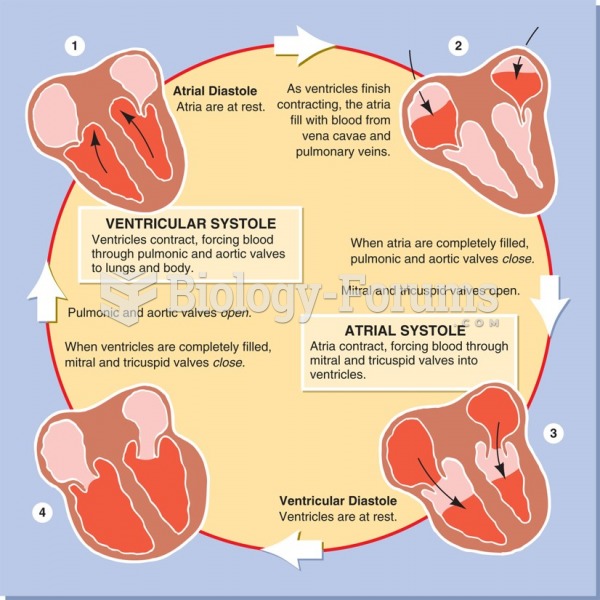Answer to Question 1
Correct Answer: 2
Rationale 1: Cottage-cheese-and-peach salad and blueberry pie are not significant sources of the potassium needed to help prevent digoxin toxicity.
Rationale 2: Fish, sweet potatoes, and bananas are high in potassium, which will help prevent digoxin toxicity.
Rationale 3: Green bean soup, whole-wheat bread, and an apple are not significant sources of the potassium needed to help prevent digoxin toxicity.
Rationale 4: The hamburger is high in potassium, but the french fries are not appropriate for a cardiac client.
Global Rationale: Fish, sweet potatoes, and bananas are high in potassium, which will help prevent digoxin toxicity. Cottage-cheese-and-peach salad and blueberry pie are not significant sources of the potassium needed to help prevent digoxin toxicity. Green bean soup, whole-wheat bread, and an apple are not significant sources of the potassium needed to help prevent digoxin toxicity. The hamburger is high in potassium, but the french fries are not appropriate for a cardiac client.
Answer to Question 2
Correct Answer: 4
Rationale 1: NYHA stage 1 is for clients with no symptoms.
Rationale 2: The AHA/ACC model does have an extra classification, but it is for clients at risk for heart failure, not severe cases.
Rationale 3: There is a difference between the two classifications.
Rationale 4: The AHA/ACC model includes an additional classification for clients who do not have heart failure but are susceptible.
Global Rationale: The AHA/ACC model includes an additional classification for clients who do not have heart failure but are susceptible. NYHA stage 1 is for clients with no symptoms. The AHA/ACC model does have an extra classification, but it is for clients at risk for heart failure, not severe cases. There is a difference between the two classifications.







